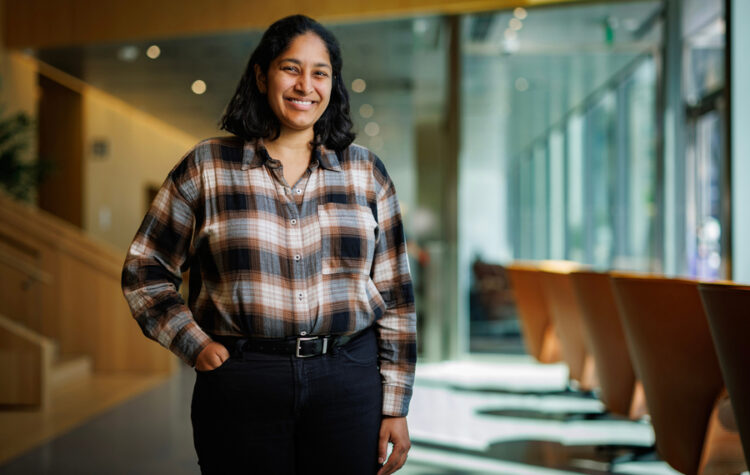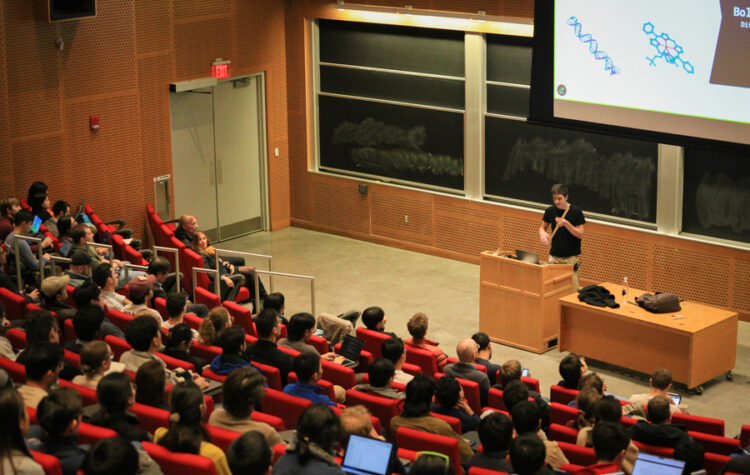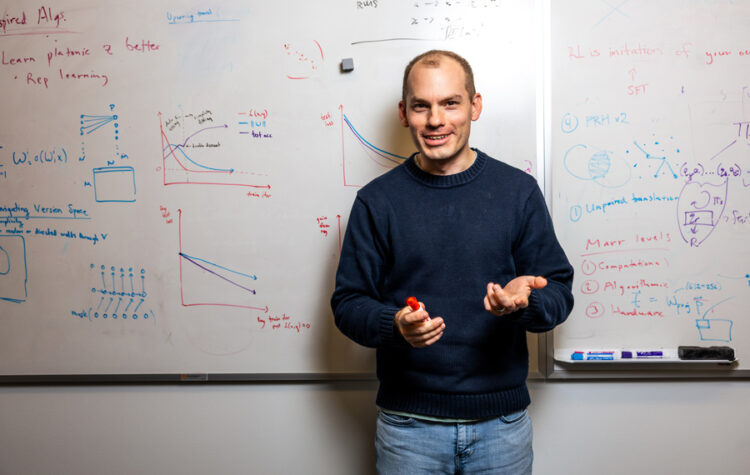
3 Questions: How AI could optimize the power grid
While the growing energy demands of AI are worrying, some techniques can also help make power grids cleaner and more efficient.

New research demonstrates how AI models can be tested to ensure they don’t cause harm by revealing anonymized patient health data.

CSAIL researchers find even “untrainable” neural nets can learn effectively when guided by another network’s built-in biases using their guidance method.

With insect-like speed and agility, the tiny robot could someday aid in search-and-rescue missions.

Researchers discover a shortcoming that makes LLMs less reliable
Large language models can learn to mistakenly link certain sentence patterns with specific topics — and may then repeat these patterns instead of reasoning.

MIT scientists debut a generative AI model that could create molecules addressing hard-to-treat diseases
BoltzGen generates protein binders for any biological target from scratch, expanding AI’s reach from understanding biology toward engineering it.

Understanding the nuances of human-like intelligence
Associate Professor Phillip Isola studies the ways in which intelligent machines “think,” in an effort to safely integrate AI into human society.

Using generative AI to diversify virtual training grounds for robots
New tool from MIT CSAIL creates realistic virtual kitchens and living rooms where simulated robots can interact with models of real-world objects, scaling up training data for robot foundation models.

Helping scientists run complex data analyses without writing code
Co-founded by an EECS alumnus, Watershed Bio offers researchers who aren’t software engineers a way to run large-scale analyses to accelerate biology.

Fighting for the health of the planet with AI
Assistant Professor Priya Donti’s research applies machine learning to optimize renewable energy.